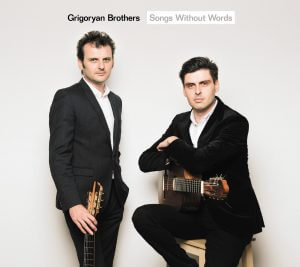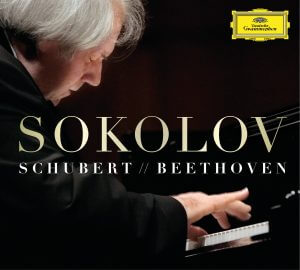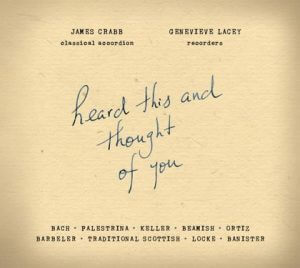Andor Foldes (piano)
Beethoven: Piano Sonatas
Op 13 (Pathetique); opus 28 (Pastorale); opus 31 No 2 (Tempest); opus 53 (Waldstein); opus 57 (Appassionata);opus 81a (Les Adieux); opus 101; opus 109
DGG Eloquence 482 5854 (2CDs)
TPP: 79’26” & 74’09”
reviewed by Neville Cohn
 Beethoven’s Les Adieux sonata is not for faint-hearted pianists. Some of it is the sound-equivalent of finest petit point embroidery done at top speed. Few can do so without, as it were, pricking a finger or two. But Foldes is up there with the best, traversing the finale’s measures without a stumble or three. Foldes is certainly no slouch here.
Beethoven’s Les Adieux sonata is not for faint-hearted pianists. Some of it is the sound-equivalent of finest petit point embroidery done at top speed. Few can do so without, as it were, pricking a finger or two. But Foldes is up there with the best, traversing the finale’s measures without a stumble or three. Foldes is certainly no slouch here.
It’s sonatas such as these that Foldes would frequently include in recital programs together with music of Bartok – a painless way to introduce new audiences to what at the time would for many have sounded astonishing, unexpected or even bizarre to listeners in, say, Kenya or Bloemfontein.
Foldes also gave recitals in Bulawayo and Harare (then known as Salisbury) in Southern Rhodesia (now Zimbabwe), then thought of as the bread basket of Africa but now a hobbled wreck of a country – a basket case – due to the arrogant, brutal and possibly mentally unbalanced incumbency of Robert Mugabe who, when he finally shuffles off to the oblivion that he so richly deserves, leaves a country laid waste due entirely to his hideous misrule. But even now, as the country sinks ever deeper into ruin, there are still other African leaders who extol the excellence and wisdom of Mugabe’s ‘vision’!
There’s first rate treatment of opus 101, its immensely challenging measures making it a closed book to most pianists. I’m listening to the fugue as I write this. With what effervescence, clarity and momentum Foldes imbues the notes. It is like a paean of joy. In opus109, its quasi-extemporisation quality is conveyed to memorable effect. It often borders on the ecstatic. And it is so refreshingly free of exaggerations that lesser players offer too often in the name of ‘interpretation”.
Some of the sonatas were originally recorded by Foldes on LP as far back as 1959. Their transfer to CD is timely. It will enable a new constituency of listeners to experience Foldes’ artistry. And for those coming to Beethoven for the first time, this fine compilation might well be an ideal first foray into the Bonn master’s wondrous creative territory.




